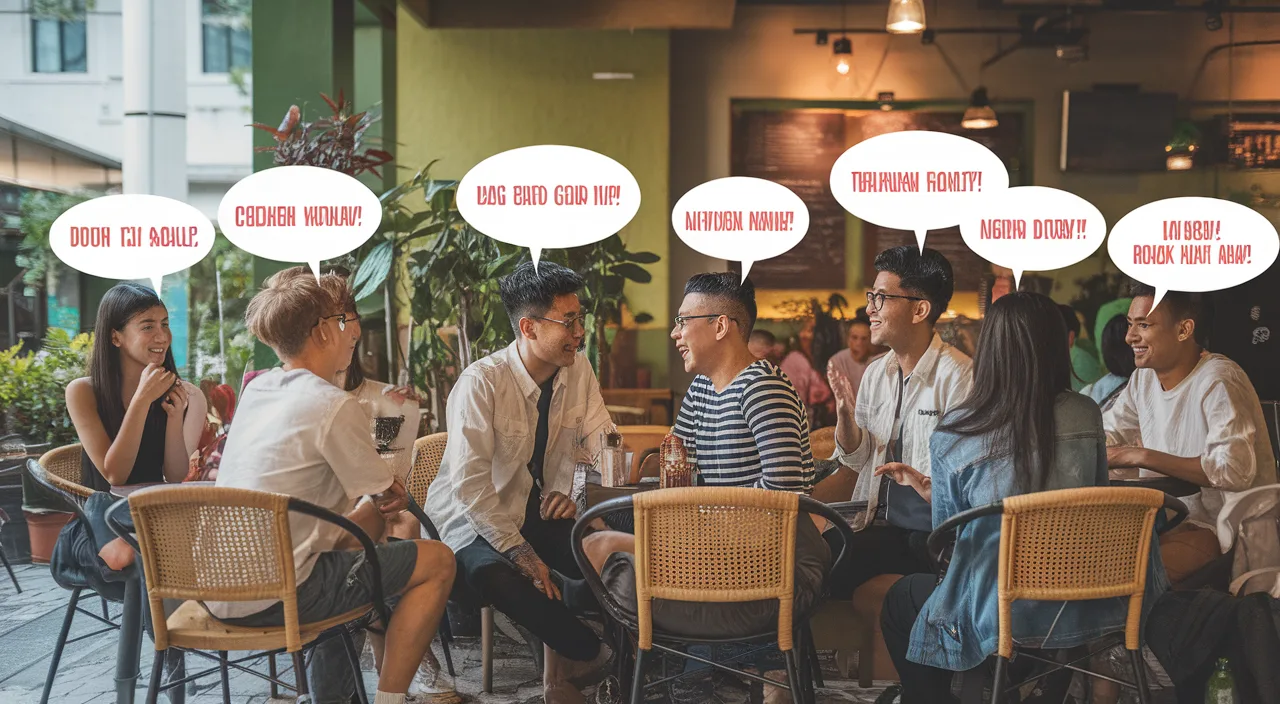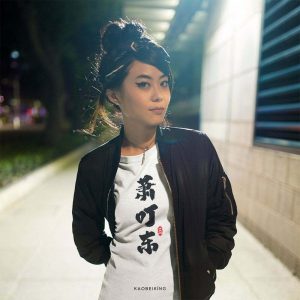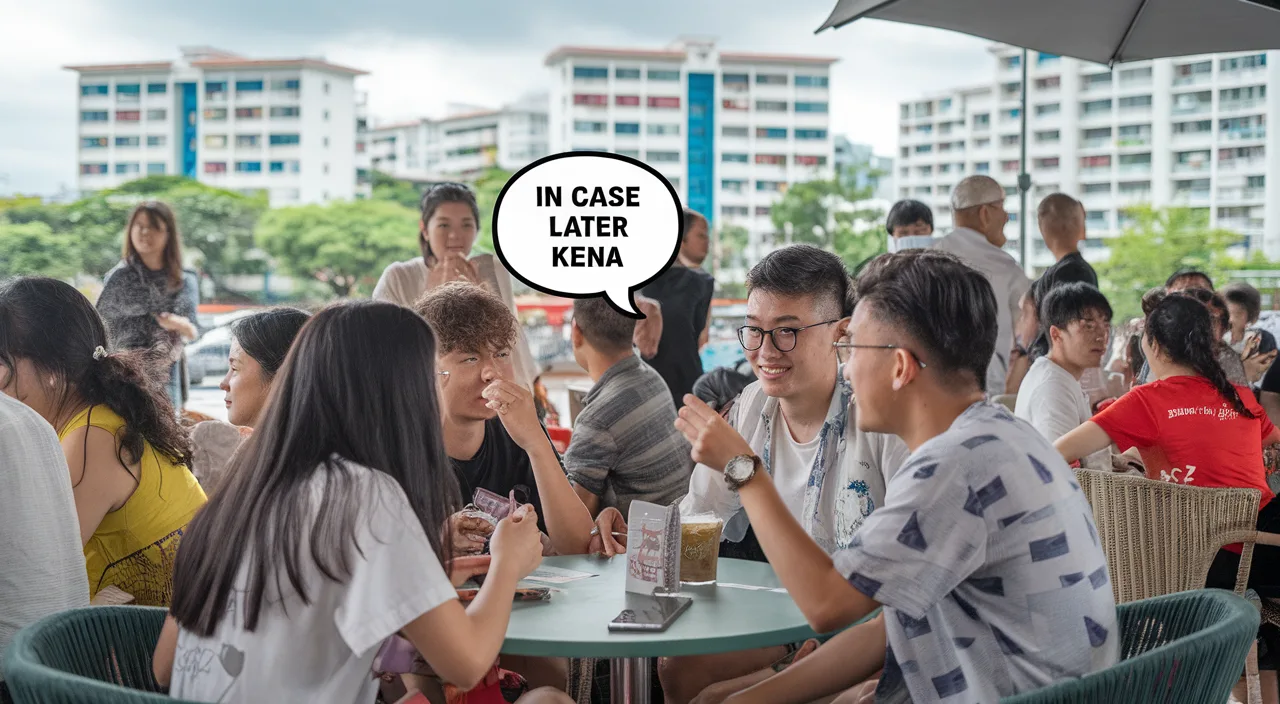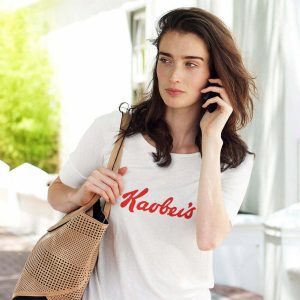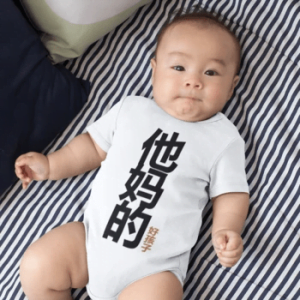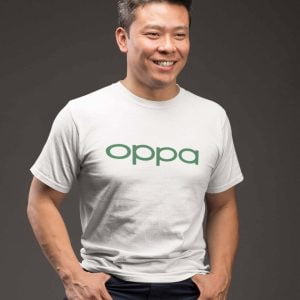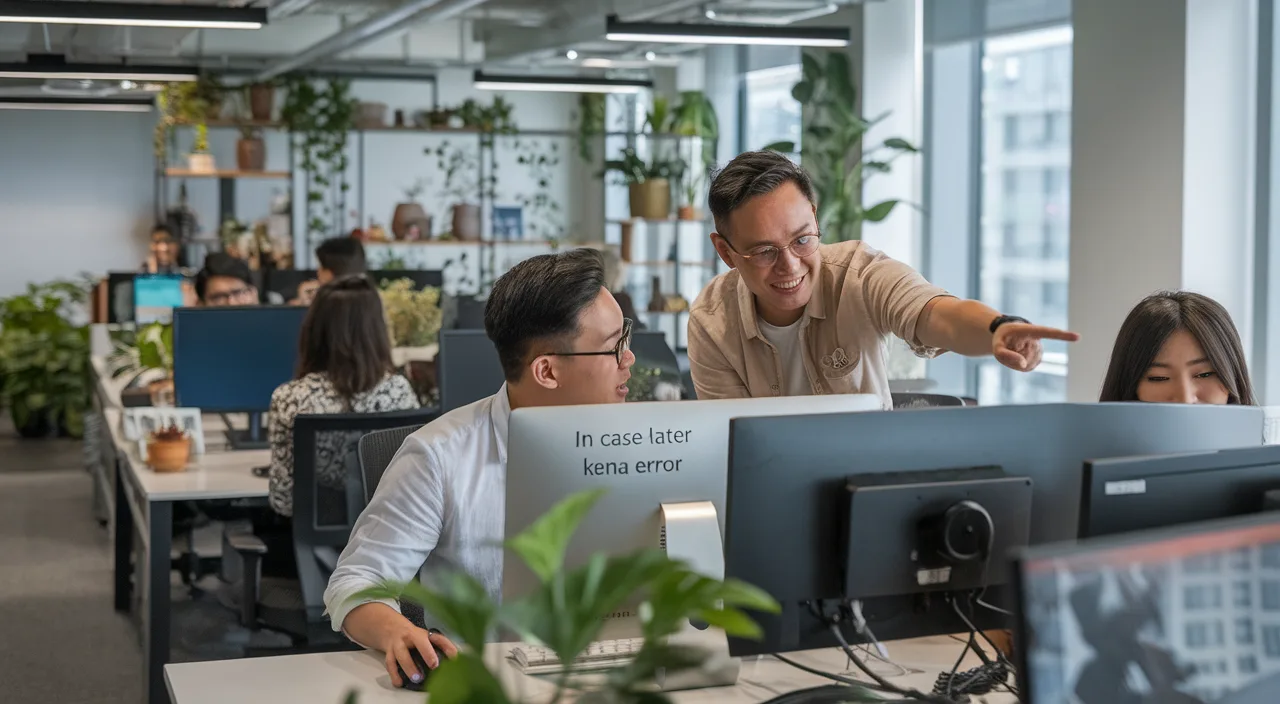What Does ‘In Case Later Kena’ Really Mean — And Why Do We Use It So Much?
If phrases were passports to localhood, ‘In case later kena’ would be the well-worn, sticker-covered one every Singaporean owns by default. This famous Singlish phrase translates loosely to ‘just in case something bad happens later’—and believe me, that ‘something’ covers everything from rain to scolding from your boss to food poisoning at the wrong kopitiam.
-
Chinese, KaoBeiKing, Quote, T-shirts, Typography
Price range: $30.00 through $38.00 Select options This product has multiple variants. The options may be chosen on the product page
- ‘In case later kena’ = a phrase expressing precaution, often used to justify over-preparation.
- Think of it as the Singlish cousin of ‘better safe than sorry’, but with way more flavour.
- Used all over Singapore—from aunties at the wet market to over-cautious NS recruits sneaking snacks.
- This phrase reflects Singaporeans’ unique instinct for preemptive action—a blend of kiasu-ism and real-world awareness.
Exploring the Origins of Singlish
Before we judge or jat the phrase ‘In case later kena’, let’s zoom out and understand where this kind of language even comes from. Understanding Singlish starts with recognizing it as the linguistic child of a multicultural love story only Singapore could write. What do you get when you mix English, Malay, Hokkien, Tamil, Cantonese, and some rojak nonsense? Our national unofficial mother tongue: Singlish.
The roots of Singlish trace back to colonial times, where English was taught in schools, but local dialects ruled hearts and homes. It evolved in food courts, heartlands, and army bunk beds—wherever different communities had to find a way to understand lah, okay?
Think of it less as ‘broken English’ and more as ‘English made better’—remixed with everyday lived experience. It’s how we express pride, frustration, humour, and most importantly, unity across our island of diversity.
The Evolution of Singlish Phrases Over Time
-
hashtag, KaoBeiKing, Quote, Singlish/Hokkien, T-shirts, Typography
Price range: $30.00 through $38.00 Select options This product has multiple variants. The options may be chosen on the product page -
KaoBeiKing, Parody, Singlish/Hokkien, T-shirts, Typography
Price range: $30.00 through $38.00 Select options This product has multiple variants. The options may be chosen on the product page
Remember when your parents used ‘blur like sotong’ with pure authority? Or how every overconfident JC kid thought they could start a revolution with just ‘ownself check ownself’? From kopitiam tables to TikTok reels, our famous Singlish expressions have gone through many glow-ups.
While older generations stick to the classic ‘lahs’ and ‘lors’, Gen Zs are blending Singlish phrases with memes, international slang and sometimes, ironic mockery. But the constant? That familiar undercurrent of shared understanding and hyper-local expression.
‘In case later kena’ wasn’t produced in some MOE curriculum design workshop lah. It emerged organically—like how someone once carried an umbrella on a sunny day and told their colleague, “Just bring lor… in case later kena.” And boom—a safety net in four words was born and repeated forever. Legendary.
The evolution is fascinating. From a quick warning whispered by your mum before you leave home (
“Eh, take tissue lah, in case later kena diarrhoea”) to your HR friend telling you to backup your cloud files (
“You better save it twice, in case later kena server crash”).
Significance of ‘In case later kena’
This unassuming phrase is deeply embedded in our social DNA. It’s not just about safety or fear—it’s about resilience, preparation, and community awareness. We say it to help, to warn, and sometimes to save face.
Using ‘in case later kena’ is like carrying an emotional umbrella. You don’t need it unless you really need it. But it’s there to protect you from shame, embarrassment, or even your mum’s nagging.
The amazing thing? The phrase is perfectly adaptable. Check out these real use cases of famous Singlish expressions:
- Weather-related: “Bring umbrella lah, in case later kena rain.”
- Social embarrassment: “Don’t make fun of him lah, in case later kena karma leh.”
- Work-related: “Backup your deck twice, in case later kena last-minute client changes.”
- Parents’ favourite: “Wear another layer lah, in case later kena flu, don’t say mummy never warn you.”
It’s a Swiss Army knife phrase, versatile in every type of crisis—major or minor. It’s also how Singaporeans indirectly teach the next generation about vigilance without being preachy. Want to pass your street-smart finals? Learn phrases like this.
-
Chinese, KaoBeiKing, Quote, Romper, Typography
$25.00 Select options This product has multiple variants. The options may be chosen on the product page -
KaoBeiKing, Men, Parody, T-shirts, Typography
Price range: $30.00 through $38.00 Select options This product has multiple variants. The options may be chosen on the product page
How Singlish Reflects Singaporean Identity
You really want to understand Singlish? Don’t just learn the words. Learn why we use them. Singlish culture is emotional, expressive, and uniquely efficient. We compress a whole story into a few syllables. ‘In case later kena’ doesn’t just warn—it connects, it empathises, and it adds texture to interactions.
Think about it: One phrase, and suddenly your entire plan changes—you bring extra clothes, charge your phone twice, or hide your bubble tea cup from your strict fitness coach. It’s not paranoia—it’s linguistic intimacy mixed with survival instinct.
More importantly, these Singlish phrases and meanings reflect how Singapore’s diversity manifests in communication. ‘Kena’ is a Malay verb. ‘In case’—English. But the intent? So vividly Singaporean nobody else talks like this. It’s like our accent—not imported, but forged in the heat of a thousand dinner tables and canteen conversations.
In a world where globalisation smooths away accents and identities, Singlish doesn’t just survive—it flexes. It says: “I’m local, I’m proud, and I speak on my own terms.”
‘In case later kena’ stands as a soft shield against chaos. It shows we care. And we subtly hope for the best while bracing for the worst.
Embracing Singlish in Today’s Society
So the real question becomes this: Should we still be using famous Singlish phrases like ‘in case later kena’ when we want to be “global citizens”? My take? Yes lah, of course must!
Because language is culture. And culture is our backbone. Without it, are we just bland bowl of plain porridge? No bite, no spice?
Singlish culture is evolving, sure. New words, new tech-related lingo, new social cues. But essentials like ‘in case later kena’? Still as iconic as Yakult in a lunchbox. Even younger Singaporeans—the TikTok generation—use these phrases for irony, humour, or even identity flexing. Welcome to the era of Digital Singlish, where captions read:
- #OOTD – Bring cardigan again. In case later kena office aircon freeze.
- Situationship status: Talking stage only. In case later kena ghosted lah.
Want to sound authentically Singaporean? Learn, use, and honour these Singlish phrases and meanings. They’re like verbal chicken essence—concentrated in meaning, loud in flavour, and always there when you need a boost.
Final Thoughts: Ownself Must Use, Ownself Must Know
In case you’re still wondering: yes, saying ‘in case later kena’ is peak Singaporean. It’s not old. It’s gold.
Let go of the shame about sounding ‘not proper’. We are proper. Properly local. These famous Singlish expressions give life its local colour. And language, more than anything, is how we remember who we are.
So whether you’re Team Kiasu or Team Chill, remember: bringing tissue for lunch, saving your PowerPoint four times, or saying awkward goodbyes in lifts—they all relate back to our favourite four-word security blanket: In. Case. Later. Kena.
Frequently Asked Questions
- What does ‘in case later kena’ mean?
It’s a Singlish phrase meaning “just in case something bad happens later.” Often used as a friendly warning or precaution. - Is ‘in case later kena’ still commonly used?
Absolutely! From Gen Z to boomers, the phrase still makes frequent appearances in everyday convos. - What is the origin of ‘kena’?
‘Kena’ comes from Malay, meaning “to get hit, caught, or afflicted.” In Singlish, it’s used universally for negative outcomes. - Is Singlish bad English?
No! Singlish is a creole formed from diverse languages and reflects identity. It’s linguistically complex and culturally rich. - How can I use ‘in case later kena’ naturally?
Use it in casual contexts when advising caution. E.g., “Bring tissue lah, in case later kena spicy food!” - Are Singlish phrases acceptable at work?
Depends on the office! But many local workplaces accept light-hearted Singlish when context fits. Know your crowd. - Why is Singlish part of Singaporean identity?
Because it reflects history, community, and diversity—all in short-form, flavourful expressions.

